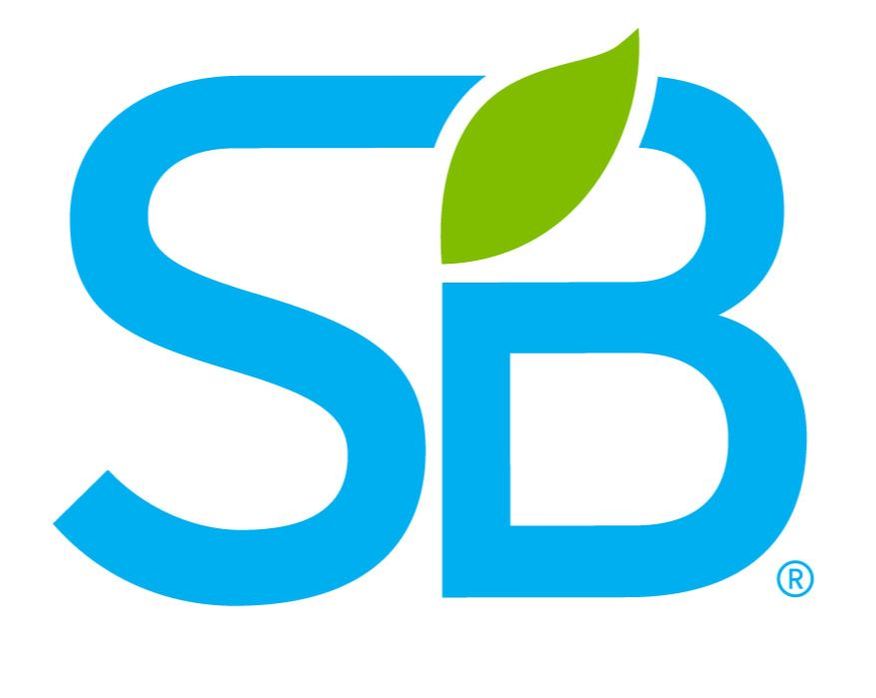|
New evidence suggests that sustainability standards are drivers of the adoption and improvement of corporate practices. Its welcome news following CDP’s recent examination of the gap between corporate intentions and action on tackling climate-related risks. While there is still a lot of progress to be made, a strengthened case that sustainability standards are effective in delivering action is an important contribution to the debate about their ongoing relevance. 3keel and the University of Oxford reviewed 116 studies to better understand what voluntary sustainability standards deliver on the ground and inform a report commissioned by ISEAL. There was evidence in each of the six thematic areas considered that certification and standards can contribute to the adoption of improved practices, typically expressed as a difference in practices between certified and non-certified entities. The six thematic areas considered were: Conservation and Biodiversity; Input Use; Community Benefits and Development; Occupational Health and Safety; Good Production Practices; and Management Systems. The evidence for practice adoption is more robust for some sustainability themes than for others, in part due to cases where practice is hard to detect or when the requirements of the standard are already being met under existing practice. The report uses four types of evidence: Information from the systematic mapping on the papers that reported outcomes in each thematic area; a literature review of the papers identified by the systematic map; an analysis of standards’ monitoring; and, where areas and topics were not well covered by the literature, researchers referred to the compliance data of six ISEAL Alliance members and conducted semi-structured interviews with eight other informants. The reviewed studies were filtered from an original body of 13,000 studies from peer-reviewed and ’grey’ literature to only include those which reported relevant outcomes from entities certified with a sustainability standard and which included a counterfactual. The analysis revealed strong suggestions that:
The report notes that there are concentrations of research in developing countries in the tropics and subtropics, the coffee and forestry industries, and on Rainforest Alliance, Organic, Fairtrade and Forest Stewardship Council (FSC) standards. As such, how representative the findings are for other schemes and sectors is not well understood, and more work could be done to understand impacts in developed and temperate countries. These findings are consistent with those of research by Aidenvironment last year – for another report commissioned by ISEAL – which revealed that businesses can realize a variety of short- and long-term benefits from using sustainability standards. Early business benefits include changes in capabilities, practices, processes, relationships, opportunities and other immediate results of using sustainability standards for both upstream and downstream business entities. When realised, these early benefits can contribute to a range of final benefits. The researchers distinguished between two kinds of final business benefits: the creation of business value, which refers to final benefits that improve the financial return on investment of the business itself; and sustainability impacts, which refers to the social return on investment in terms of social, environmental and economic impacts.
1 Comment
11/12/2021 06:25:13
A new casino usually knows what it's all about when it comes to providing great customer service nye mobilcasino, but there are exceptions. We are happy to see customer service provide quick answers and have generous opening hours
Reply
Leave a Reply. |
WANT TO PUBLISH AN ARTICLE HERE?
Have a read at our Publishing Guidelines: NEWSLETTER
Subscribe to our newsletter to get the sustainability articles sent to you every month. EDITOR
Lauren Guido |
|
Follow Us
Contact Us
|
Want to learn more? |

